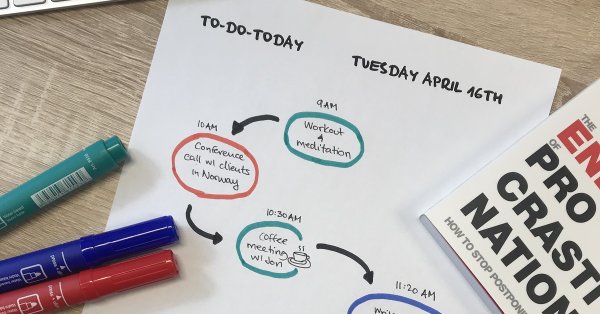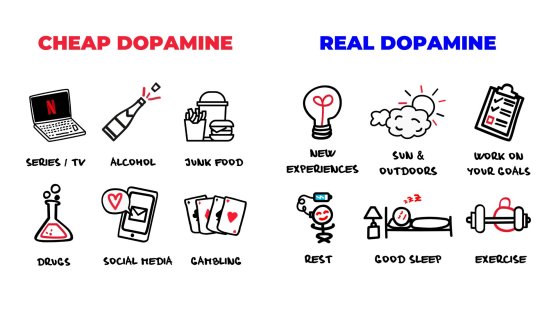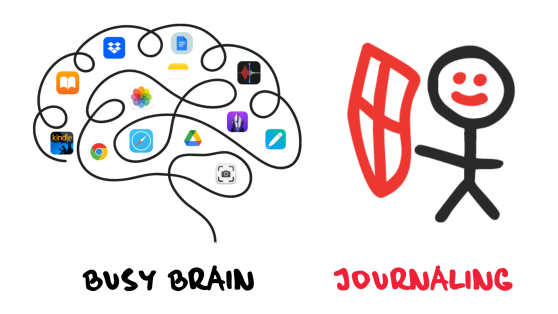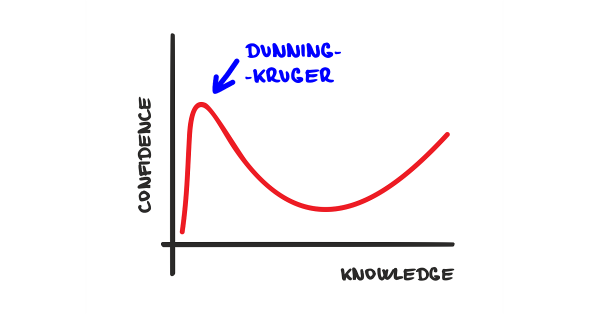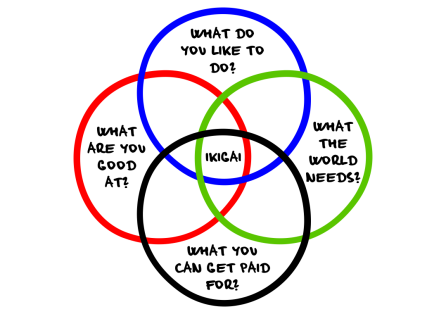Blog article
Growth Mindset: An Overachiever’s Secret Weapon
Posted by Adela SchickerDo your thoughts hinder or help you grow? How does a Growth or Fixed mindset change who you are?
This video is part of an online minicourse. If you want to discover more interesting concepts, check it out.
Can how you think change your life? According to the psychologist Carol Dweck yes. Dweck defines two distinct kinds of thinking which lead to two very different outcomes: a Fixed mindset and a Growth mindset. In short, those with a Growth mindset tend to believe that their talents and abilities can improve with practice, while those with a Fixed mindset believe that their performance is static.
Research backs her assertion and shows that we tend to engage in one of these two types of thinking. The first leads to depressive tendencies and failure. The other leads to satisfaction and improved results. In addition, when we change our thinking from the “fixed” to “growth” mindset our lives significantly change for the better. To see why let’s take a deeper look at the differences between a Fixed mindset and a Growth mindset.
How Are Fixed And Growth Mindsets Different?
People with a fixed mindset believe their intelligence and abilities are innate. They believe, for example, that if they are an introvert, they will always be an introvert. On the other hand, those with a growth mindset believe that things can be changed. Current research of the human brain shows that the second group is more correct. Neuroscience shows that the brain is “plastic”, which is another way of saying that it is capable of change. We can strengthen it similarly to our muscles.
Qualities like creativity, willpower, courage, diligence and communication skills are not innate but rather learned. Those with a Growth mindset are more likely to understand this and to work to improve each ability. In turn, they are likely to be better at them.
| Fixed mindset: | Growth mindset: |
|---|---|
| - Avoiding challenges. | - Embrace and looks forward to challenges. |
| - When faced with obstacles, easily gives up. | - Persists in the face of setbacks. |
| - Effort perceived as fruitless or worse. | - Effort seen as the path to mastery. |
| - Ignore useful negative feedback. | - Learn from criticism. |
| - Feel threatened by the success of others. | - Find lessons and inspiration in the success of others. |
“Obstacles are there to stop others.”
-- Randy Pausch
Graphically
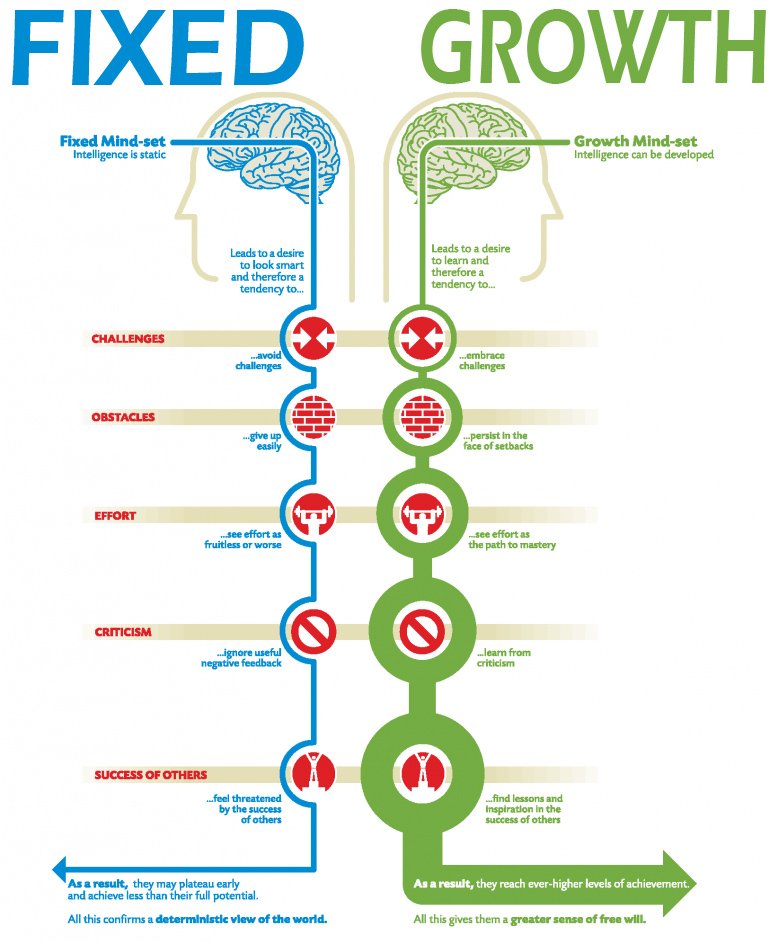
(Image Credit: Brain Pickings, http://www.brainpickings.org/index.php/2014/01/29/carol-dweck-mindset/)
Decide To Grow Today By Joining Our Free Mini Course
Is it innate or adaptive?
Dweck’s research is inspiring because it proves that these different mindsets exist, that those with a Growth mindset perform better, and that we can change our mindset to become a Growth mindset. In short, Dweck’s research shows that we can change our brains to become happier and more successful people. Qualities like creativity, willpower, courage, diligence and communication skills are not innate, but rather learned.
In one study, she took 128 children ranging from 10 to 11 years of age and divided them up into two groups. She had them solve math problems, and then told the children in the first group: “You’re doing well, you must be very smart”, while she told the second group: “You’re doing well, I’m sure you tried hard.” In another part of the research, she gave them more difficult problems to solve. They were so hard that almost no one was able to solve them. In the third step, the children received easier problems again. The results were that the children that were praised for their intelligence (something innate = fixed) did almost 25% worse than the children praised for their effort (something adaptive = growth).
Why? Those who were primed to believe that intelligence was fixed didn’t bother to try solving the hard questions. They simply believed they weren’t smart enough. Those who were primed to have a Growth mindset weren’t dismayed by the hard questions. They continued trying and their beliefs carried over into the third set.
Martin Seligman’s research showed similar results with the related topics of optimism and pessimism. His work shows that optimism and pessimism are not innate and that we can change our level of optimism. Specifically, how we explain our failures, our so-called explanatory style, significantly affects our risk of depression.
When positive minded people fail, they tell themselves that **they’ll do better next time. When negative minded people fail, they tell themselves that it’ll always be that way. The exact opposite reaction happens to both groups when it comes to success. When positive minded people succeed, they say that it’ll always be that way. And when negative minded people succeed, they say that they’ll fail the next time.
If we change our explanatory style when it comes to failure, we significantly reduce the risk of having depression and increase our satisfaction.
In order to show why a Growth mindset and Optimism are so powerful, we need to explore one more phenomenon.
“Whether you think you can, or you think you can’t – you’re right.” -Henry Ford
Self-fulfilling prophecy
Dweck and Seligman’s research shows that we often fall victim to limits that we impose on ourselves. Unfortunately, there’s a big problem in our culture that reinforces Fixed mindsets. We often divide people and pigeonhole them into various typologies, particularly with personality types.
Whether it’s dividing them into groups like choleric, sanguine, introverts, extroverts, an Aries, or a Gemini, if you tell someone that they fit in “some sort” of a category, he or she will often take it as a fixed fact. Thanks to this typecasting, it becomes the truth. The so-called self-fulfilling prophecy engenders reality.
In one fascinating study on the self-fulfilling prophecy, our beliefs about others were shown to impact their results too. Schoolteachers were given tips that particular children were clever, but, in actuality, they were completely mediocre students. You might expect teachers to catch on as they observed their students, but instead, the children’s performance significantly improved year-over-year due to the teachers’ expectations. From the hidden records of the experiment, the results showed that the teachers treated the “clever” students differently – the students were called on and praised more often and that lead to the fulfillment of their teacher’s expectations.
Similar research has been done with rats. Participants in one study had to teach a rat how to walk through a maze. They were told their animal came from one of two different groups – “clever” and “dumb.” In reality, the rats were mixed up and divided into two different groups that the participants didn’t know about. The rats that were identified as clever learned how to go through the maze much faster not because of an innate difference but because the participants communicated with them more intensively than with the rats that were considered dumb.
Did someone condemn you like this during your childhood? Did they tell you that you weren’t good enough when it comes to math or sports, or that you were indecisive, or that you were shy? Or perhaps are you telling yourself those things now? Maybe you aren’t like that, but just need a little more practice to become exactly who you want to be. Change your fixed mindset to a growth mindset, and you can become the best version of yourself.
Additional sources
- Book: DWECK, C.: Mindset: The New Psychology of Success. Ballantine Books, 2007, ISBN: 978-0345472328.
- Book: MCKAY, T.: Science Shows the Difference Between Successful and Unsuccessful People's Brains. URL: http://www.policymic.com/articles/89579/science-shows-the-difference-between-successful-and-unsuccessful-people-s-brains.
- Book: SELIGMAN, M. E. P.: Learned Optimism: How to Change Your Mind and Your Life. Vintage, 2006, ISBN: 978-1400078394.
- Book: DWECK, C.S.; Mueller, C. M.: Praise for intelligence can undermine children's motivation and performance. Journal Pers. Soc. Psychol., 1998
